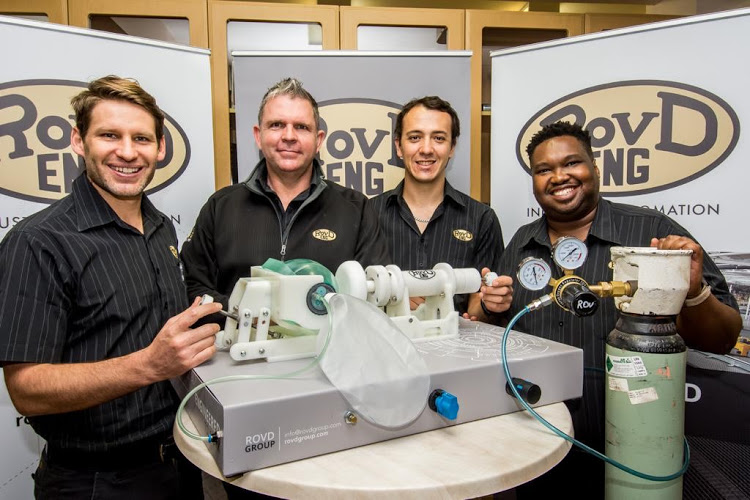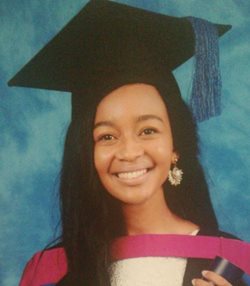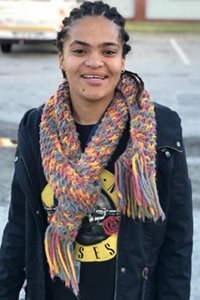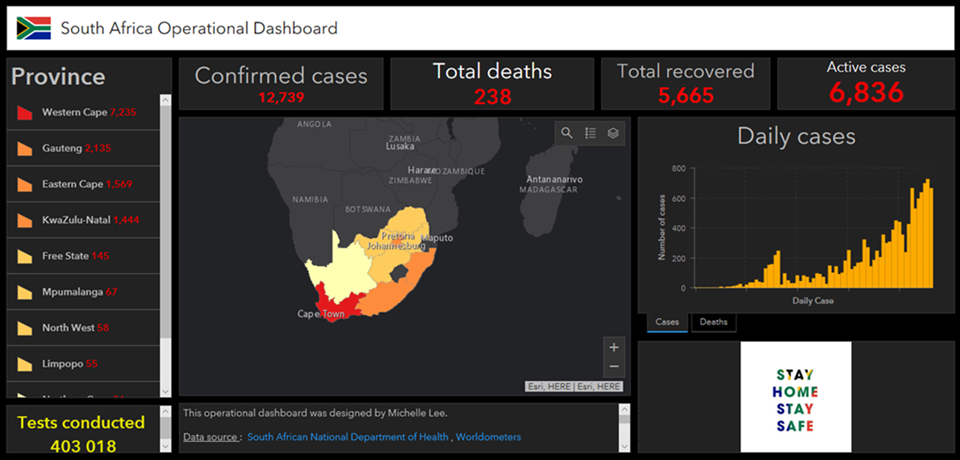Bay company develops innovative non-electric ventilator
(Published by The Herald)

The team behind the prototype ventilator which uses oxygen to power it rather than an electrical current are, from left, Antal Meiswinkel, Garth de Villiers, Raymond Pothier and Athi Lupondwana
Ground-breaking technology developed by a Bay company, the ROVD Group, is ready to assist in the fight against Covid-19.
The industrial automation company has created a prototype mechanical ventilator powered by nothing but oxygen.
The ventilator, designed by the staff of the ROVD Group, has been punted as more practical than any other ventilator as it relies entirely on a pressure source for energy rather than an electrical one.
The idea, stemming from a conversation with members of the motorsport industry in Australia, saw the team of engineers behind the non-electric ventilator work tirelessly from their own homes.
ROVD managing director Garth de Villiers said due to the nationwide lockdown, communication and ideas between the team could only be shared via WhatsApp and e-mail until the concept had reached a level where it could be modelled and simulated to prove viability.
“Initially, we ran various computer simulations, including a fluid simulation using compressed oxygen.
“Initial results were influenced by the reduced availability of components during the lockdown.
“However, slowly but surely we managed to get to the point where we have a working prototype,” De Villiers said.
De Villiers said design engineers had now finalised a working model in the hope that interested medical partners would join them to drive the concept further and ultimately produce 500 ventilators a week.
While labour costs are the biggest challenge, materials were comparatively cheap and readily available, De Villiers said.
“The thinking behind this initiative was not profit-driven but to rather make it easily attainable for those in need.”
De Villiers said well-known motorsport figures Mike Carroll and Shaun Watson-Smith had advised ROVD to take a different look at the ventilator by using only a pressure source for energy instead of using an electrical current.
He said the device was designed for hospitals and clinics with limited resources and controls breathing rate and breathing volume — adjustable from 14 to 20 breaths a minute.The device was entirely mechanical, and therefore allowed for basic maintenance and repair, as well as easy cleaning.
ROVD business development manager Athi Lupondwana said prior to completing the prototype they kept things quiet until they knew for sure it would work.
“Now that we are sure of the prototype, we would like to engage with potential partners.”
Department of health spokesperson Sizwe Kupelo said while he was not yet aware of the prototype, the idea had value and he encouraged the firm to approach the department.
“Individuals and businesses are at liberty to come forward with their innovations and if a need exists we will engage with them.
“However, there is no guarantee that the department will take up a proposal,” Kupelo said.
21/05/2020
Alumnus Vanessa Mhlom, a business analyst at the Nybble financial technology company in Johannesburg, came up with the idea to develop the LockdownLevels app, to give users detailed updated information about their district’s lockdown level, by using a smartphone GPS-tracking capability. It is district-specific and clearly highlights the restrictions applicable to the user.
 The app was launched a day after President Cyril Ramaphosa’s address to the nation in May, shortly after realising that the national lockdown will likely remain in South Africa for the rest of 2020.
The app was launched a day after President Cyril Ramaphosa’s address to the nation in May, shortly after realising that the national lockdown will likely remain in South Africa for the rest of 2020.
The application is completely free to use and available for Android devices. iOS users can save the webpage on their home screens.
LockdownLevels, jointly developed by financial technology company Nybble and jobs platform JOBJACK, is working together with state officials to ensure that the application always has the latest and accurate information and that the public is informed in a timely fashion.
“I hope the app provides people with accurate information during these uncertain times,” says Vanessa, who completed her BCom Accounting for Chartered Accountants at Mandela University and also obtained a Postgradute Diploma in Business Analysis (cum laude) at Rhodes Business School.
 Vanessa said while the application is free to use, it features advertising to help pay for the development and operation costs.
Vanessa said while the application is free to use, it features advertising to help pay for the development and operation costs.
“Now more than ever, it is important for companies to work together and leverage on one anothers strengths. We truly are stronger together,” she said.
The entire application was built by a small team of three working remotely during the national lockdown. Nybble CEO Brandon Roberts, who played a key role in building the app, said that he is so privileged to be able to use his skills in software and technology to hopefully help better the lives of others.
JOBJACK CEO Christiaan van der Berg said the hope is that the app will bring people together by keeping them informed in a time where social distancing is keeping us apart.
The app also features a link to the Job-abled Foundation, a non-profit organisation, in a bid to help differently-abled individuals find access to jobs during the crisis.
To download the app, visit http://lockdownlevels.com/.
Mandela student maps coronavirus with spatial data

Honours student in Geographical Information Systems, Michelle Lee, created an operational dashboard for Covid-19 in South Africa as part of her methodology for her research project this year. The map is similar to the famous Johns Hopkins University Covid-19 map.
Michelle says her research is still in its beginning phase, but her study will assess the role of interactive mapping for disease surveillance.
She used ArcGIS Online software to create the operational dashboard, which is easily accessible on SA operational Dashboard and she will later also develop a mobile version.
“I initially wanted to do a project on how load shedding affects traffic congestion in major cities but I later decided to go with the Covid-19 study.
At first, I was baffled having to choose between these two topics but my supervisor, Dr Wilma Britz, GIS (Geographical Information Systems) lecturer in the Geosciences Department, said I should choose the topic I am most passionate about.
Everybody knew that I was obsessed with the Coronavirus since it became a global outbreak at the end of January. So, the topic kind of chose me”, she laughs.

“My research will essentially be a medical geography study, a new field which has not yet reached its full potential. Scientists are relying more and more on spatial data as a tool for disease surveillance.
It’s important to map infectious diseases, like Covid-19, because it tells us the origin of the disease and also how it develops over time.
Spatial visualisation helps us understand the relationship between man and his environment. My operational dashboard is a visualisation tool that can be used by health professionals and the general public”, Michelle says.